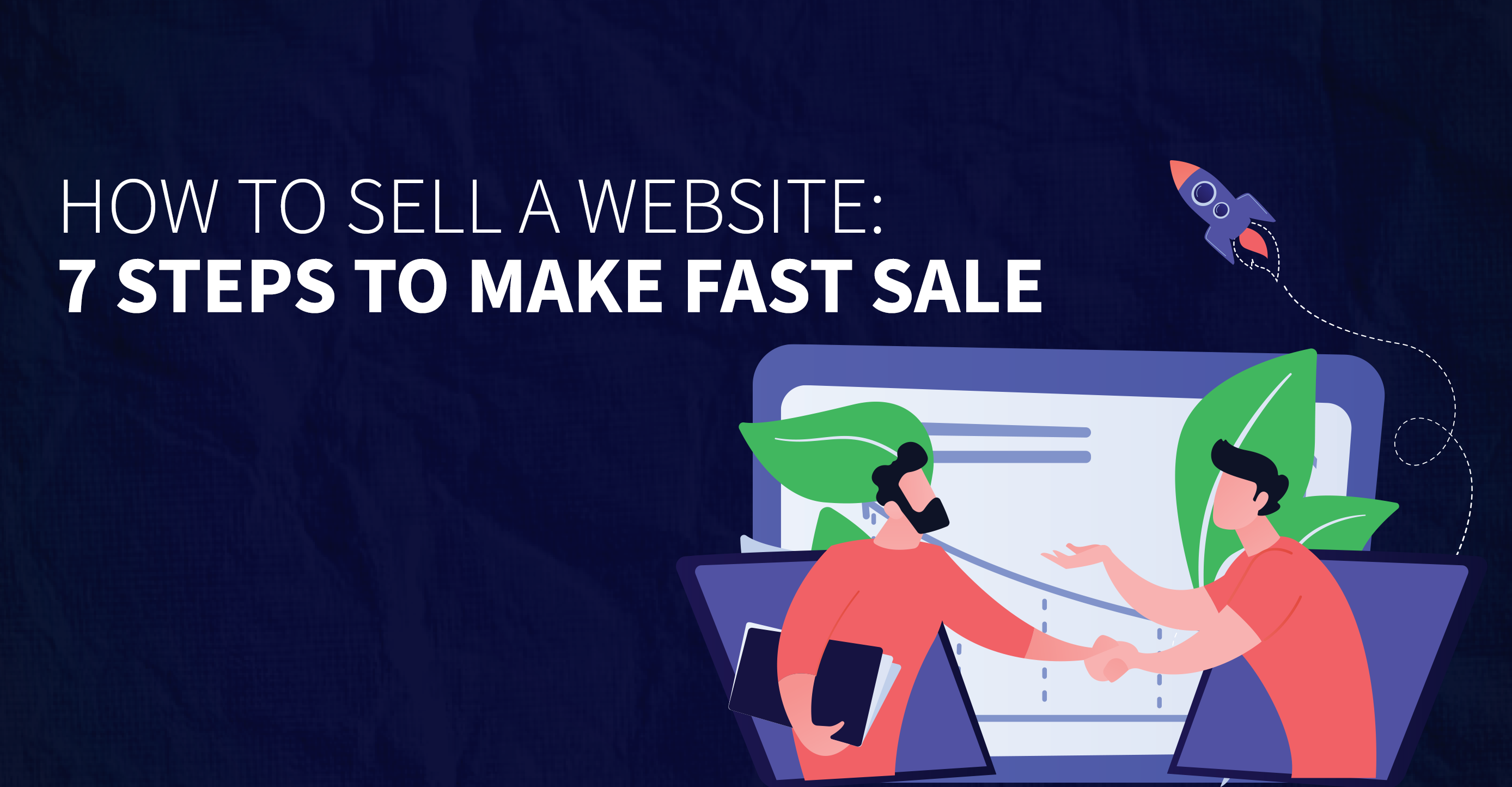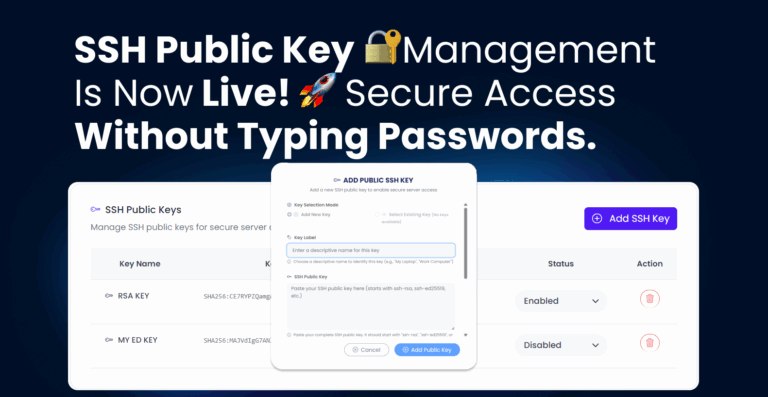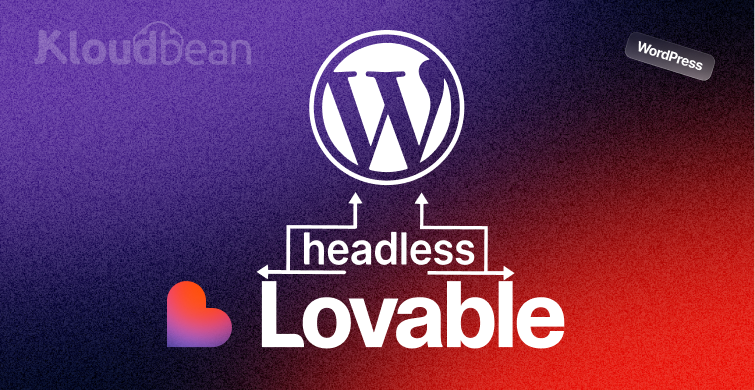How to Sell a Website: 7 Steps to Make Fast Sale
Do you have a website or an online store that is up and running? You might make more money if you sell it than if you keep it running. A lot of people can’t get rid of their websites, even though they don’t want to run them.
Or they don’t have time to keep it up. As a result, they might have a lot of money but don’t know what to do with it.
If so, you have come to the right blog post. There would be a lot of people and businesses who would want to buy your live page.
We’ll show you how to sell your websites for the right price down below.
Selling a website can be just as tiring as selling a house in some ways. Some may sell better than others. But if you know what to do, it’s easy to catch the attention of possible buyers and make a deal. Adam Audette, SVP and SEO leader at Blend360, said it best: “It’s a battle to get noticed online amidst all the noise and crowds.”
Let’s go over the steps that will help you sell your website quickly and for what it’s really worth.
How to Sell a Website Step-by-Step in 7 Steps
Here are the seven best ways to sell your website and make a good amount of money.
- Understand Your Audience
- Sources of traffic
- Channels for getting content to people
- Plan designs
- Ability to work
- Type of content
- Find out how much your website is worth.
- Reduce how much you have to do and make the processes run themselves.
- Automate the tasks on your website. Use tools and plugins to automate common website jobs to save time and work. With Kloudbean, you can use SafeUpdates to update your WordPress plugins, make backups easily, and get reports on how your site is doing.
- Give jobs to the VAs. You have to do a lot of boring and repetitive things to run the website, like talk to customers, keep track of sales, etc. You can teach virtual helpers to do these kinds of things so that you don’t have to worry about them.
- Hire third-party services to help you with SEO and creating content.
- Make sure that all the credentials are given over safely so that you don’t have to worry about anything after the handover. Tools, passwords, emails, and so on.
- Learn about the right places to buy and sell websites
- Optimise your website before putting it on the market.
- Search engines are better able to figure out why your website exists.
- Raise the rank of each page of your website on Google.
- Through keywords, you can get more of your target crowd to visit your website, which will lead to more clicks.
- Turn hits on your website into money for you or the people who bought it.
- Conversion numbers (how many people who visit your website do what you want them to do, like sign up for your newsletter)
- Visibility (making it easy for people to find your website when they look for it)
- Usability (making your website and its pages load faster and work better) is a way to improve its optimisation.
- CDN stands for Content Delivery Network.
- Using a better host, like a virtual private servers (VPS) host, can speed up the time it takes for a website to load.
- Getting rid of some of the tools, CSS, and JavaScript files on your website pages can help it load faster.
- Your website’s central management system (CMS) can be used to optimise your database. This will help speed up your site and cut down on the time it takes to load.
- Learn the right way to talk to people who are interested.
- Find the correct numbers to show buyers
- Dependable, true, and real.
- Backs up what you say about your site’s strengths and flaws.
- Isn’t too’stuffy.’
- Doesn’t make any broad or sweeping claims.
- is as clear as it gets.
- Gives possible buyers a general idea of what your website is about, why it’s important, and how it works.
- It works well,
- Put on the right websites,
- Has there been a good report on the methods and traffic sources,
- Made well enough to get people’s attention.
If you try to sell a website without knowing who you might be selling it to, it’s like selling with your eyes closed.
There are different kinds of people who buy websites for different reasons. Business people, writers, investors, etc.
By figuring out who you want to buy from you, you can improve, change, or redo your website to meet their needs and goals. Also, your website will sell more quickly if it gets more people to visit it.
So, how can you know who you’re writing for in the first place?
Market study is the most important part of this. There are many ways to figure out who your audience is, such as using search engines and social media to look for clues or talking to people in person. Take part in the talk forums is a great way to do this.
Let’s say you want to sell an online store. Join the ecommerce discussion boards to learn about the most common problems that owners and managers of ecommerce stores have with their websites. Make sure your website talks about them, and you’ll improve your chances of getting good deals.
There are a number of things that people who want to buy websites are interested in, such as:
Find out what your ICP (ideal customer profile) wants and what your website has to give. It would be best to have detailed reports about your website’s traffic, content, website speed, etc. Then you can target your efforts and make more money for your business.
Know how much your website is worth before you try to sell it.
You can set the price of your website in different ways. This step is important if you don’t want to undersell yourself. Let’s look at how to set the right price for your website:
Have a rough idea. Most of the time, if your website makes good money and is in a popular niche, you can easily sell it for 20–30 months’ worth of earnings. So, if your site makes $1,000 a month, you can probably sell it for $20,000 to $30,000.
Check around for lists of websites. You can look for websites that have the same kind of passwords as yours and see how much they cost.
Think about the factors. The price of a website can depend on many things, such as the number of daily visitors, the business, the age of the domain, the website’s SEO ranking, and so on. When figuring out how much your website should cost, you should think about all of these things.
Use tools to figure out prices. There are a number of people who can give you quotes for your site. Siteprice.org and SiteWorthTraffic are two examples. You can only get rough figures from these tools. Sometimes, their ideas can be very different from what your site is really worth.
Tax is another important thing to think about when setting the price of your site. Most people who sell websites think that whatever price they get is profit. But they soon get tax bills that they don’t like and hate to pay.
When setting prices for your site, it’s a good idea to know what the tax effects are. This will help you figure out how much the website is worth in money. Website taxes are hard to figure out, so it’s best to talk to a tax expert before putting your website up for sale.
Running a website takes a lot of work from each person. You know that already. But you should know that once you sell the website, you shouldn’t have to help the new owner run it.
In fact, if the possible buyer sees that your website depends a lot on you being there, they’ll probably just pass on the deal.
Yes, you’d be needed to make sure the handover went smoothly, and you might be needed for a while after the changeover, too. But if the buyer always needs you, it will bother both you and the buyer.
Here are a few things you can do to make sure the handover goes easily and that you can leave the process without any problems once the deal is done:
Remember that buyers are most interested in websites that make money with little work on their part.
Why?
Because most investors want to grow their investments and find ways to make money without doing anything.
Even if someone has other needs, they wouldn’t want to be depending on you for a long time. So, fix the problems with how you run your website, and you’ll have a better chance of making a good deal.
As marketing and business grow and change, there are more and more of everything. Every second, something new pops up, like new software, search engines, blogs, or markets.
So, don’t put yourself in a box when you’re trying to sell your site.
There are many ways you can go about selling your website. Let’s look at a few:
Websites that sell things
It can be easy to compare selling a website to selling a house online. You can sell your websites on marketplaces and let potential buyers bid on them. You can try out different sites, such as Flippa, BusinessExits, Empire Flippers, and so on.
These tools are especially good at helping different kinds of website owners sell their sites. For instance, Flippa is well-known for selling websites that make less than $300,000 per year.
Think about using BusinessExit for sites that make a lot of money. Each platform has different commission rates. Flippa charges $49 to sell and 10% of the sale price. Empire Flippers, on the other hand, has different commission rates based on the list price, such as 15% for properties under $1 million, 12% for properties between $1 million and $2 million, etc.
Be careful: Know how commissions work on platforms before you list your websites to avoid costs you didn’t expect. Check out the suggestions below for other ways to sell your websites.
Talk of the Town
If you work in the same field as the people who visit your website, they would already be interested. It can be easy to sell something by word of mouth. So, if you decide to sell the website, you should let your friends know.
Even if they wouldn’t want it themselves, they probably know someone who would.
Groups on social media: e-commerce is easy to do on social media sites. You can look for groups and pages where people who might want to buy your website hang out.
You can also tell people about it on your social media pages, and those who are interested could get in touch with you.
As was already said, SEO is a key way to find out who your target crowd is. But it is also the most important part of a good website. Without it, a website will fall apart and become useless.
SEO is now the first thing buyers ask website owners and managers when they ask, “Is your website optimised?””If the answer is no, they won’t think twice before moving on to the next big thing.”
So why is it so important to make sure your website is optimised before you sell it? Optimisation helps with:
Google also punishes sites that are not optimised. Its algorithms only rank the web pages that load quickly, are easy to use, and are reliable. If you don’t optimise your website before you try to sell it, its organic exposure might go down.
There are a number of ways to improve websites today. In general, you should work to improve your site’s:
To be more detailed, you can make your website work better by using tools and methods like:
All in all, you need to do this if you want to sell your website for a fair price. If you don’t, your website will be “just another one” in the huge sea of materials available online. But if you have a site that is ready to impress potential buyers and has been optimised, you can even sign up for website trading services that will get you great deals.
They’ll take a cut, but it’s likely that they’ll help you sell for more than you could on your own.
Listing the sites on different platforms is not the only way to get bids for your website. You can also go to the buyers yourself and make a deal with them.
Knowing and understanding your target group is different from approaching potential buyers. This has to do with who will be most interested in your website, which is important if you want to sell it quickly.
But narrowing down your target group helps you find buyers who are interested in what you have to offer. It will help a lot to sell websites. If you know how to deal with clients from a business perspective, it could help you a lot as you try to sell your website.
Some people who sell websites make the mistake of putting them up for auction on a marketplace that is meant for a bigger, more general audience. Sometimes, you have to look for possible customers in places where they are already.
If your website has a clear niche, try to sell it in a place where people buy other websites in the same field. Some common niches for websites are healthcare, digital marketing, making money online, coupons, blogging tips, food and recipes, etc.
People tend to believe what they see, and numbers don’t lie, so statistics are everywhere. If you want to sell a website, the person you want to sell it to will ask for numbers.
If you want to sell a website quickly, you won’t be able to convince a possible buyer by saying something like, “My website will make a lot of money in the long run.”
But if you add statistics to the report summary or an item, maybe in the form of a statistical animation, they will turn their heads and listen to what you have to say.
For example, look at the following overview of website data for a made-up website:
You can also show the same information in a more interesting way, like in the examples below.
Make your reports as detailed as you can so you can show what your website can really do and get a better price.
Most people who sell websites use SEMrush or Ahrefs to collect and show data about their websites. But Google Analytics makes the job much easier to do. It gives website numbers as a whole, which can then be made more appealing to buyers. And now that GA4 is out, you can get even better and more detailed results to help you flip websites.
No matter how you show a buyer the stats about your website, make sure they are:
When they look at your website’s statistics, they should immediately get a good idea of how valuable it is and how well it will do in search results. Don’t forget to talk about your high-ticket clients, especially those who buy from you again and again.
Tip: There are many free templates for showing website statistics that you can download if you don’t want to make a chart from scratch or show your client what Google Analytics says about your website.
Here’s how to sell your website the right way.
Selling your website can be a very hard thing to do in the modern world. Every day, new websites are made, making it easy to get lost in the crowd.
But if you have a great website and sell it to the right person, you can make a lot of money. Now that we’ve reached the end, you should know what to do to sell your site for as much as it’s worth.
Just check that:
You’re all set.
Don’t forget that it’s your offering at the end of the day. Do everything you can to sell the site for as much money as possible. And if you don’t need money badly, don’t undersell yourself and do the right study before you sign a deal for your website.
I hope that your deals go well.
FAQs
Q1. How to Get a Client to Buy a Website?
Before you try to sell your website to a client, make sure you know the numbers behind it. Then you can sell it and get bids.
Q2. How Much Should a Website Cost to Sell?
You should be able to sell a website for 25–35 times what it makes each month. So, if a website brings in about $2,000 a month, you should think about selling it for about $50,000.
Q3. How Much Time Does It Take to Sell a Website?
It takes different amounts of time to sell a website. Once it’s on the market, it can take anywhere from 15 to 90 days to sell. Obviously, this time period can be longer or shorter, but this is when most websites sell.
Q4. How do I go about selling a website?
The best way to sell a website is to hire a website broker or list it on a website marketplace. They can promote your website on a number of social media sites and also act as middlemen to handle the whole sale process through escrow.



